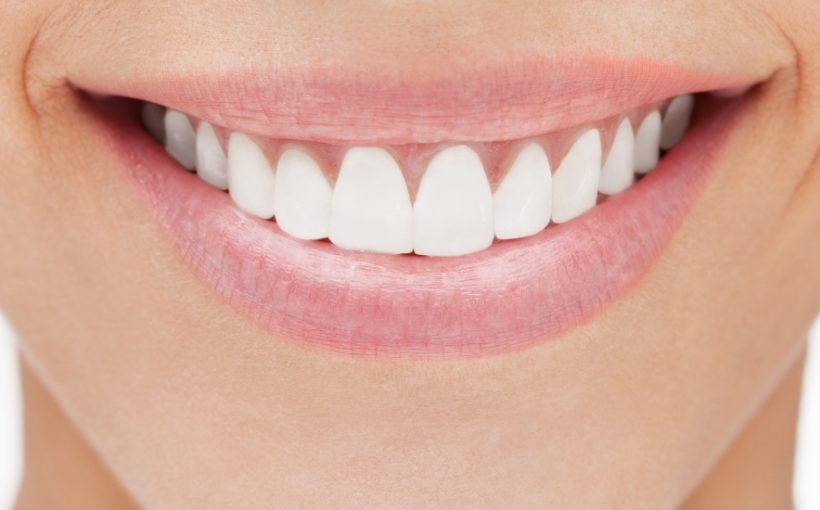Taking good care of your teeth may be linked to better brain health, according to a study published in the July 5, 2023, online issue of Neurology®, the medical journal of the American Academy of Neurology. The study found that gum disease and tooth loss were linked to brain shrinkage in the hippocampus, which plays a role in memory and Alzheimer’s disease. The study does not prove that gum disease or tooth loss causes Alzheimer’s disease; it only shows an association.
“Tooth loss and gum disease, which is inflammation of the tissue around the teeth that can cause shrinkage of the gums and loosening of the teeth, are very common, so evaluating a potential link with dementia is incredibly important,” said study author Satoshi Yamaguchi, PhD, DDS, of Tohoku University in Sendai, Japan. “Our study found that these conditions may play a role in the health of the brain area that controls thinking and memory, giving people another reason to take better care of their teeth.”
The study involved 172 people with an average age of 67 who did not have memory problems at the beginning of the study.
Participants had dental exams and took memory tests at the beginning of the study. They also had brain scans to measure volume of the hippocampus at the beginning of the study and again four years later.
For each participant, researchers counted the number of teeth and checked for gum disease by looking at periodontal probing depth, a measurement of the gum tissue. Healthy readings are from one to three millimeters.
Mild gum disease involves probing depths of three or four millimeters in several areas, while severe gum disease involves probing depths of five or six millimeters in several areas as well as more bone loss and can cause teeth to become loose and eventually fall out.
Researchers found that the number of teeth and amount of gum disease was linked to changes in the left hippocampus of the brain.
For people with mild gum disease having fewer teeth was associated with a faster rate of brain shrinkage in the left hippocampus.
However, for people with severe gum disease having more teeth was associated with a faster rate of brain shrinkage in the same area of the brain.
After adjusting for age, researchers found that for people with mild gum disease, the increase in the rate of brain shrinkage due to one less tooth was equivalent to nearly one year of brain aging. Conversely, for people with severe gum disease the increase in brain shrinkage due to one more tooth was equivalent to 1.3 years of brain aging.
“These results highlight the importance of preserving the health of the teeth and not just retaining the teeth,” Yamaguchi said. “The findings suggest that retaining teeth with severe gum disease is associated with brain atrophy. Controlling the progression of gum disease through regular dental visits is crucial, and teeth with severe gum disease may need to be extracted and replaced with appropriate prosthetic devices.”
Yamaguchi said future studies are needed with larger groups of people. Another limitation of the study is that it was conducted in one region of Japan, so the results may not be generalizable to other locations.
The study was supported by the Japanese Ministry of Education, Culture, Sports, Science and Technology; Keio University; Japan Arteriosclerosis Prevention Fund; Japanese Ministry of Health, Labor, and Welfare; Teikyo University; Pfizer Japan; Bayer Yakuhin; Chugai Pharmaceutical; Daiichi Sankyo; Astellas Pharma; Takeda Pharmaceutical; Health Care Science Institute; Health Science Center; and Takeda Science Foundation.


